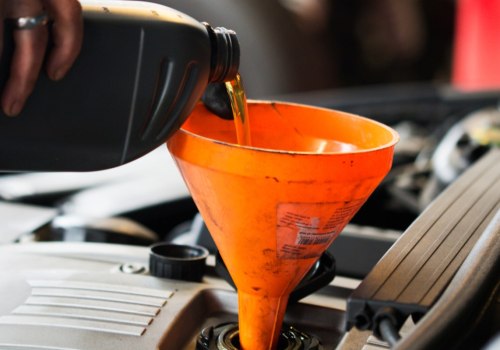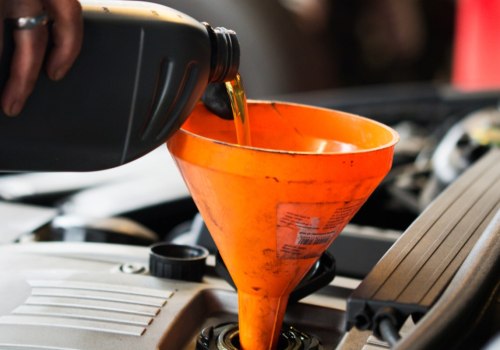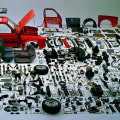For most vehicles, regular maintenance starts at 5,000 miles and continues from there every 5,000-10,000 miles. Of course, checking your car more regularly is even better. Maintenance keeps your vehicle running smoothly and safely on the road for a much longer distance compared to never performing maintenance. Always follow the manufacturer's maintenance recommendations found in your vehicle's owner's manual.
At a minimum, you should have your car inspected every 12 months by a qualified mechanic for problems. Note that many vehicle manufacturers have replaced the printed owner's manual that you may be familiar with for an online version available through the manufacturer's website. Many manufacturers use a 30-60-90 program, which means certain items must be inspected, exchanged, or replaced at 30,000, 60,000, and 90,000 miles. But if you're like most drivers, you might wonder if all of the maintenance checkpoints suggested in your car's manual are essential to the health and well-being of your car. Some items, such as rubber gaskets and hoses, wiper blades, and tires, wear out at irregular intervals.
These “consumables” should be checked regularly, either by your mechanic or by your own visual inspection. For everything else, this car maintenance guide explains what you should do and why you should do it. Before we get into the actual maintenance service lists, let's first look at oil changes and oil filters. On older model vehicles, the recommendation is every 3,000 miles, especially if you are still using a normal oil blend and not a synthetic blend or pure synthetic oil. For newer vehicles, the interval will be different depending on the type of oil in your vehicle.
At every 3,000 mile interval, you'll want to check all your fluids and tire pressure. Finish off any liquid that is low and clean the backup camera lens. All vehicles need regular maintenance to work properly on the road. For this reason, some manufacturers will provide a maintenance table to help car owners know what maintenance services their vehicles need and when. For example, Nissan recommends replacing engine oil and filter, as well as inspecting the brake pads and exhaust system after six months.
On the other hand, Toyota recommends a maintenance appointment after 5000 miles or six months for Toyota car owners. While all vehicles and drivers are different, a manufacturer's maintenance program can be an excellent guide. The following guidelines are the approximate intervals that many car manufacturers suggest car maintenance service should be performed. When you service your car at regular intervals, you keep your ride in good working order and help avoid costly mechanical repairs in the future. The maintenance schedule is a chart that tells you how often your car needs to be repaired and what work needs to be done. The owner's manual provides a routine automatic maintenance program based on engine mileage for most cars.
And of course, it's important to remember that car maintenance costs, while not always cheap, can help you avoid costly repairs in the future. Most mechanics still recommend the so-called 30-60-90 service interval, which places a car in the shop for scheduled maintenance at 30,000 miles, 60,000 miles and 90,000 miles. Taking care of your car by performing preventive maintenance helps ensure you have safe and reliable transportation. So instead of waiting to experience fatal crashes firsthand or driving a vehicle that has fun driving, why not consider expert vehicle maintenance services on a regular basis? But how often is it regular? To help you know when is the best time to contact an auto mechanic near you for maintenance, you need to know how to spot signs that your car needs maintenance.
Car maintenance doesn't necessarily mean you have to wait for signs of a problem to visit the nearest auto mechanic. Not only that, but maintaining a detailed vehicle maintenance history can also help improve the resale value of your car. Sticking to a car maintenance schedule and keeping a good record of what you've done can help extend the life of your vehicle and protect it from breakdowns, costly repairs, and other unwanted surprises. Whether your car has a problem or you are interested in preventive vehicle maintenance services, it is imperative that you work with experts.
Timing Belt Cars that use a timing belt instead of a timing chain need to worry about this little maintenance.






